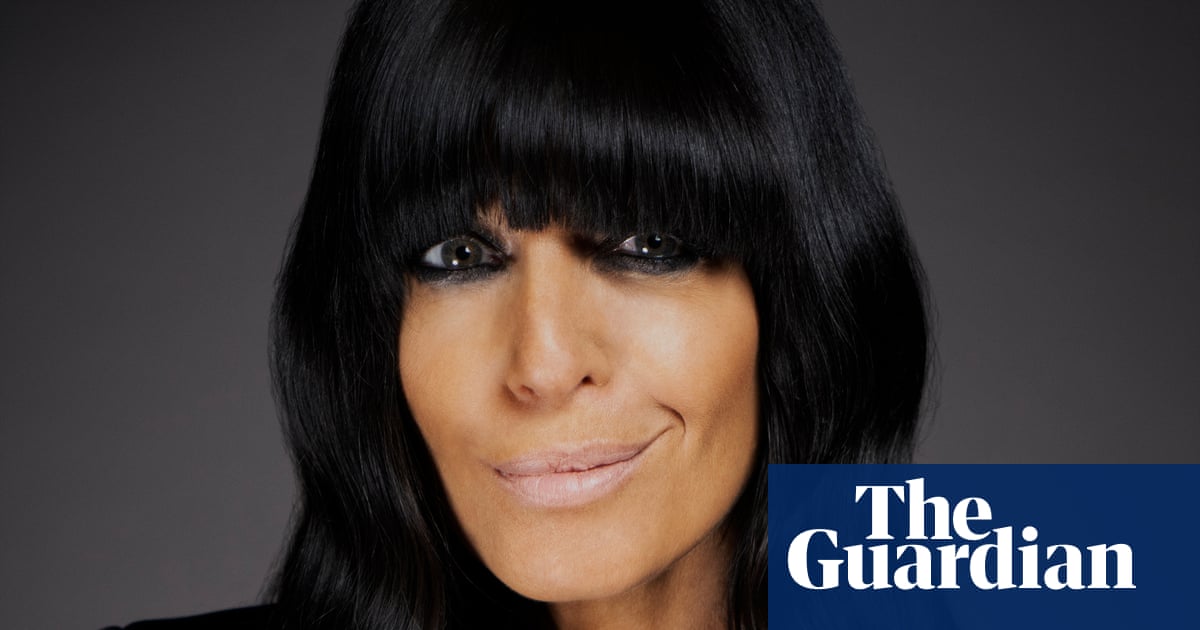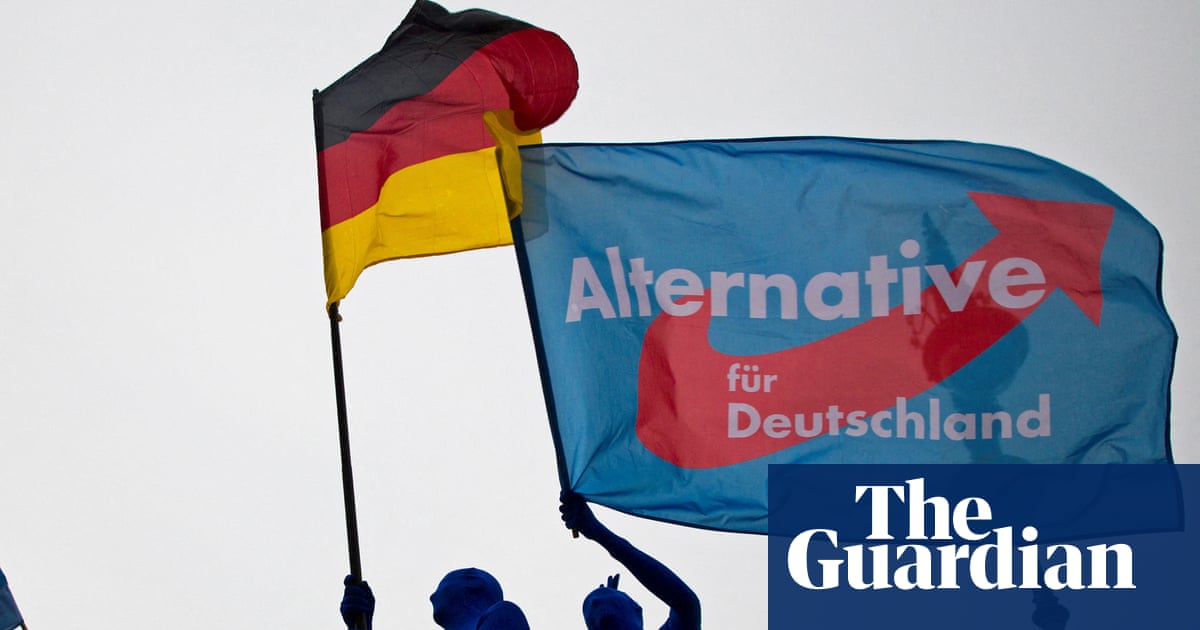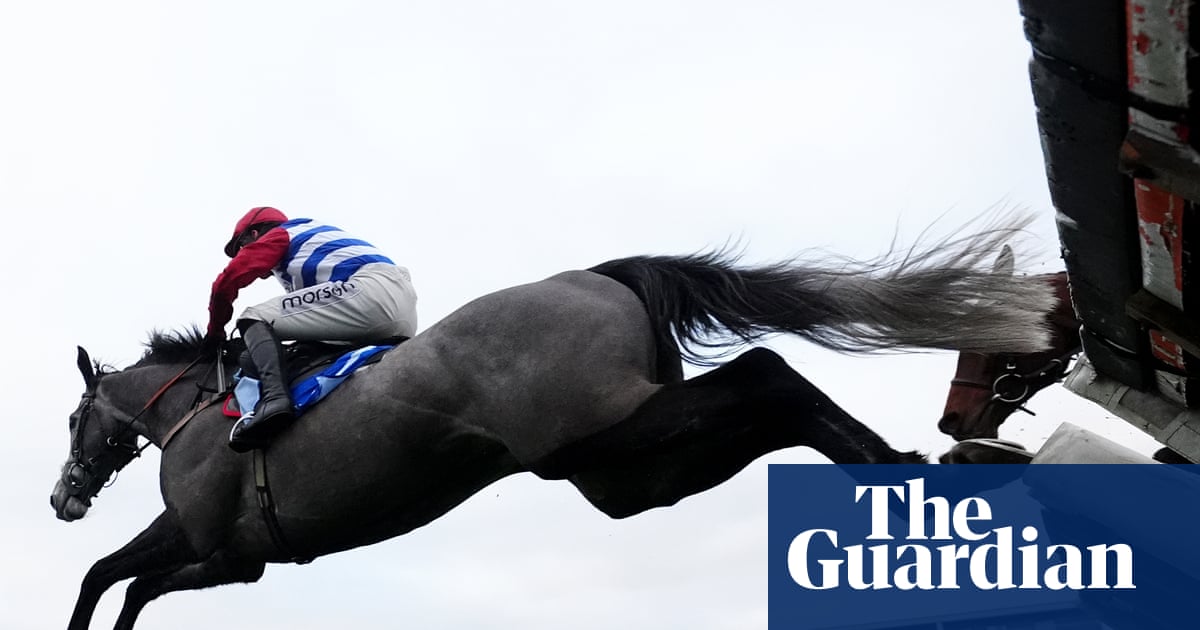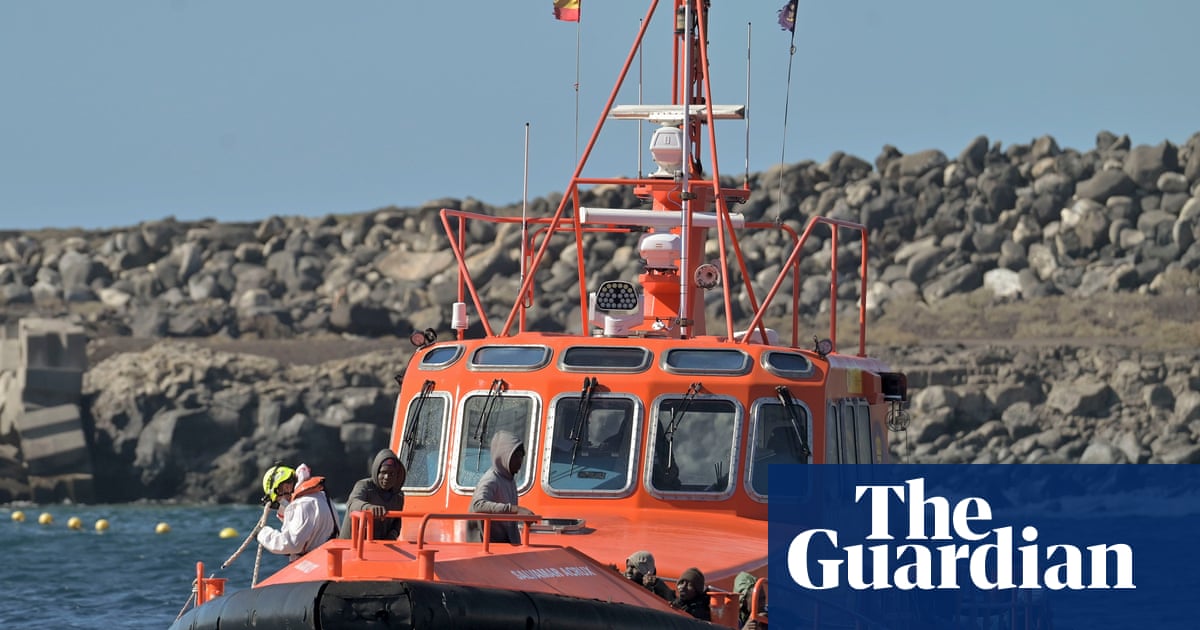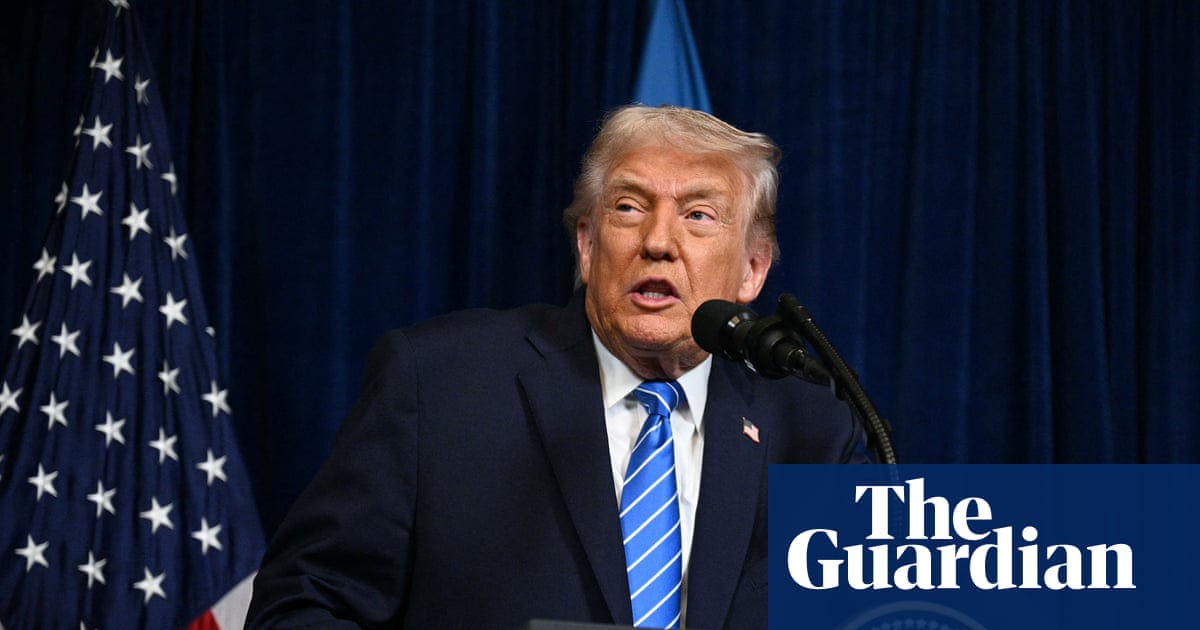Chunky steel pipes run through one of the exhibition rooms at Warsaw’s Museum of Contemporary Art, part of an installation that purports to show “how gas flows, propaganda and conspiracy theories intertwine”.
The exhibit is an artistic nod to Nord Stream 2, the undersea gas pipeline between Russia and Germany, which was completed in 2021 but had not entered service when mysterious underwater explosions took it out of action in September 2022.
The pipeline has caused anger and anxiety in Poland ever since construction began in 2015, serving as a symbol of Germany’s close economic cooperation with Russia, a policy that was abandoned after the full-scale invasion of Ukraine in 2022.
Now, three years after the blast that took Nord Stream 2 and its predecessor Nord Stream 1 out of commission, the ill-fated project is again causing sharp divisions among European allies after Poland refused to extradite a prime suspect in the explosion to Germany earlier this month.
In the immediate aftermath of the attack, many suspected Moscow might have been responsible, but evidence has instead pointed to a plot carried out by Ukrainians. The Wall Street Journal reported last year that the operation was privately funded by Ukrainian business figures and carried out by a small group of Ukrainian military officers. It was initially approved by president Volodymyr Zelenskyy, who later tried unsuccessfully to call it off. Ukrainian authorities have denied all involvement.
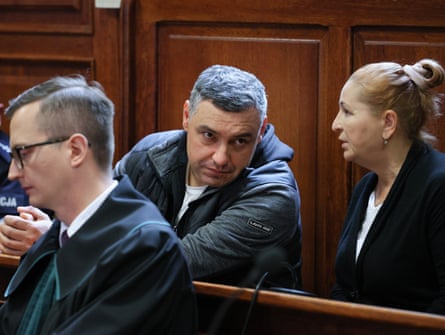
Germany has issued arrest warrants for at least six people, including Ukrainian diver Volodymyr Zhuravlev, who was apprehended in Poland in late September. German prosecutors believe Zhuravlev was directly involved in the explosions. “He was part of a group of people who placed explosives on the Nord Stream 1 and Nord Stream 2 gas pipelines near the island of Bornholm in September 2022,” Germany’s federal court of justice said. “The accused participated in the necessary dives.” Zhuravlev has denied involvement.
On 17 October, a Polish court ruled against executing Germany’s European arrest warrant for Zhuravlev – usually a routine procedure between two EU nations – finding that Germany had no jurisdiction in the case and that the destruction of Nord Stream could be seen as a justified action by Ukraine as part of a defensive war.
“Such actions undertaken by armed forces and special forces during wartime, against the aggressor’s critical infrastructure, are not sabotage but rather diversionary acts, which cannot be considered crimes under any circumstances,” said judge Dariusz Łubowski, who ordered Zhuravlev’s release from custody.
In the aftermath of the ruling, the German government has sought to play down the affair and withheld public comment. “We have taken note of it,” said Stefan Kornelius, chancellor Friedrich Merz’s spokesperson.
Nevertheless, the rejection of the extradition request is highly unusual between EU member states, said Kai Ambos, a law professor at the University of Göttingen, who questioned the “non-legal reasoning and the almost political ingredients” of the judge’s decision.
“It’s just one page saying it’s a just war of Ukraine against Russia. For various reasons this is not convincing. It’s not really a reasoning, it’s just an affirmation,” said Ambos.
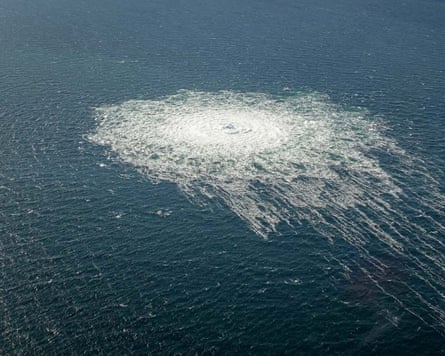
“If you want to argue that this was an act of war, you would have to establish that the pipeline is a military target, which is not the case. It’s a civilian target, so you cannot just attack it,” he said, adding that he believed Germany did have jurisdiction because the yacht allegedly used in the attack was rented in Germany.
Public comments by Poland’s prime minister, Donald Tusk, ahead of the ruling added to the controversy. “The problem with Nord Stream 2 is not that it was blown up. The problem is that it was built,” he wrote on X. In the days before the court’s decision, he also said publicly that “it is certainly not in the interest of Poland to hand over this citizen to a foreign country”.
Hungary’s foreign minister, Péter Szijjártó, called Tusk’s stance “shocking” and said it raised questions of what else might be deemed a legitimate target. “One thing is clear: we don’t want a Europe where prime ministers defend terrorists,” he wrote on X.
Hungary often takes a pro-Russian stance, but even some of Poland’s allies were privately alarmed by Tusk’s remarks, which appeared to amount to pressure on the court.
Piotr Buras, head of the European Council on Foreign Relations office in Warsaw, said Tusk’s outburst was aimed at domestic audiences, as Poland’s rightwing opposition has long attempted to portray him as a German stooge. “He wanted to make it clear that he would by no means side with the German state,” said Buras, while acknowledging the comments were “problematic”.
Buras said the debate in Poland was coloured by a wider sense that Warsaw’s longstanding concerns about Russia were not taken seriously by a German elite that has patronised its eastern neighbours. “There is a sense we were right on everything and Germany was wrong, which is a new feeling for Poles,” he said.
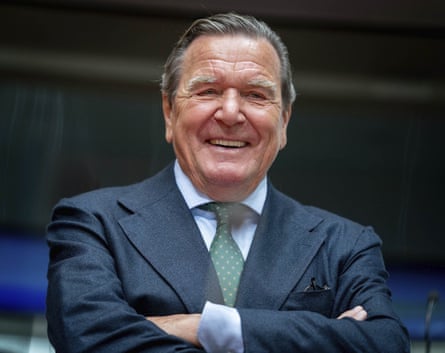
Gerhard Schröder, the former German chancellor, testified in October before a committee in the Mecklenburg-Western Pomerania state parliament investigating the foundation that allowed the Nord Stream 2 pipeline to be built in 2021 despite threats of US sanctions.
The 81-year-old Schröder, who since leaving office in 2005 has served on the boards of Russian energy companies, including the administrative board of Nord Stream 2, argued the project had been “extraordinarily sensible” and dismissed concerns about the pipeline as “nonsense”.
For others in the German elite, however, Nord Stream is a stark reminder of a previous German policy on Russia that proved to be misguided.
Buras noted the muted official German response to the extradition refusal and said the decision may end up being convenient for both sides. “For the Polish government, it would have been very difficult to hand him over, and it would also be uncomfortable for the German side to have to have a public court case about this at the same time as Ukraine is fighting a war. Now they have a good excuse,” he said.
The investigation continues, and another suspect, identified only as a former Ukrainian intelligence officer named Serhiy K, was arrested in Italy over the summer while on holiday with his wife and two children. An Italian court has approved his extradition to Germany, although an appeals process is under way.
The timeline for a trial, if the suspects do end up in Germany, remains unclear. “Decisions on charges and related court hearings will only be made once the investigation has been completed,” Ines Peterson, spokesperson for the German federal prosecutor’s office, said. “I am unable to provide any estimates on a timeframe.”

 1 month ago
58
1 month ago
58


